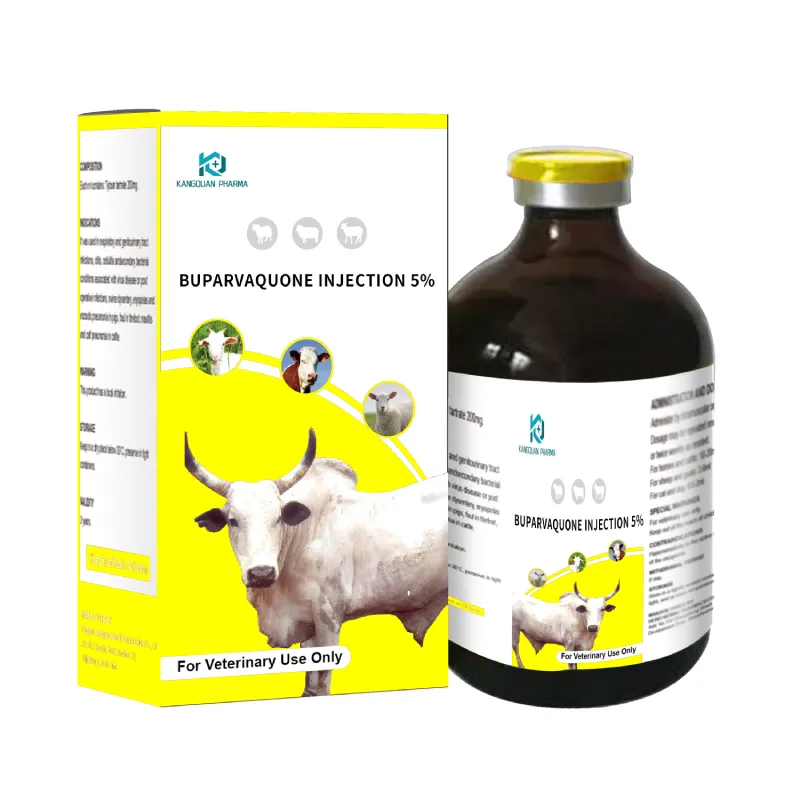- Afrikaans
- Albanian
- Amharic
- Arabic
- Armenian
- Azerbaijani
- Basque
- Belarusian
- Bengali
- Bosnian
- Bulgarian
- Catalan
- Cebuano
- Corsican
- Croatian
- Czech
- Danish
- Dutch
- English
- Esperanto
- Estonian
- Finnish
- French
- Frisian
- Galician
- Georgian
- German
- Greek
- Gujarati
- Haitian Creole
- hausa
- hawaiian
- Hebrew
- Hindi
- Miao
- Hungarian
- Icelandic
- igbo
- Indonesian
- irish
- Italian
- Japanese
- Javanese
- Kannada
- kazakh
- Khmer
- Rwandese
- Korean
- Kurdish
- Kyrgyz
- Lao
- Latin
- Latvian
- Lithuanian
- Luxembourgish
- Macedonian
- Malgashi
- Malay
- Malayalam
- Maltese
- Maori
- Marathi
- Mongolian
- Myanmar
- Nepali
- Norwegian
- Norwegian
- Occitan
- Pashto
- Persian
- Polish
- Portuguese
- Punjabi
- Romanian
- Russian
- Samoan
- Scottish Gaelic
- Serbian
- Sesotho
- Shona
- Sindhi
- Sinhala
- Slovak
- Slovenian
- Somali
- Spanish
- Sundanese
- Swahili
- Swedish
- Tagalog
- Tajik
- Tamil
- Tatar
- Telugu
- Thai
- Turkish
- Turkmen
- Ukrainian
- Urdu
- Uighur
- Uzbek
- Vietnamese
- Welsh
- Bantu
- Yiddish
- Yoruba
- Zulu
Dec . 04, 2024 08:40 Back to list
Buparvaquone Injection for Effective Treatment of Animal Diseases
Buparvaquone Injection An Overview
Buparvaquone is an antiprotozoal drug primarily used in veterinary medicine for the treatment of certain protozoal infections in animals, particularly in cattle. It possesses a broad spectrum of activity against various pathogens, notably those responsible for diseases like Theileriosis, which affects livestock and can cause significant economic loss in the agricultural sector.
Mechanism of Action
Buparvaquone functions by inhibiting the mitochondrial electron transport chain in protozoa, which is crucial for their energy production. By disrupting this process, buparvaquone effectively impairs the parasite's metabolism and ability to reproduce, leading to its eventual death. This mechanism of action is particularly effective against Theileria species, which are transmitted by tick bites and can lead to severe illness in cattle.
Indications for Use
The primary indication for buparvaquone injection is the treatment of Theileriosis in cattle. The disease is caused by the protozoan parasites from the genus Theileria, which can lead to symptoms such as fever, anemia, and even death in severe cases. The timely administration of buparvaquone can significantly reduce morbidity and mortality associated with this condition, thus playing a crucial role in maintaining the health of livestock and ensuring agricultural productivity.
Administration and Dosage
buparvaquone injection intas

Buparvaquone is usually administered as an injection, which allows for quick absorption and onset of action. The dosage may vary depending on the severity of the infection and the specific guidelines provided by a veterinarian. It is essential for animal caregivers to follow these recommendations closely to achieve effective treatment outcomes while minimizing any potential side effects.
Efficacy and Safety
Clinical studies have shown that buparvaquone is highly effective in treating Theileriosis, with a significant reduction in parasite load observed in treated animals. Furthermore, the safety profile of buparvaquone is generally favorable, with few adverse effects reported. However, like any medication, its use should be carefully monitored, and any signs of adverse reactions should be reported to a veterinarian immediately.
Resistance Concerns
One of the challenges in the treatment of protozoal infections is the development of resistance to antiprotozoal drugs. While buparvaquone has demonstrated efficacy, it is crucial to use it judiciously to avoid the potential emergence of resistant strains of protozoa. Veterinarians often emphasize the importance of proper dosing and adherence to treatment protocols to mitigate this risk.
Conclusion
Buparvaquone injection represents a significant advancement in the treatment of protozoal infections in cattle, specifically Theileriosis. Its efficacy, coupled with a relatively safe profile, makes it an invaluable tool in veterinary medicine, especially in regions where livestock disease poses a threat to agricultural productivity. As with all medications, it is essential for animal health professionals to remain vigilant regarding the potential for drug resistance and to implement best practices in its use. Overall, buparvaquone is a critical component of integrated disease management strategies in cattle farming, helping to ensure the health of livestock and the sustainability of agricultural operations.
-
Guide to Oxytetracycline Injection
NewsMar.27,2025
-
Guide to Colistin Sulphate
NewsMar.27,2025
-
Gentamicin Sulfate: Uses, Price, And Key Information
NewsMar.27,2025
-
Enrofloxacin Injection: Uses, Price, And Supplier Information
NewsMar.27,2025
-
Dexamethasone Sodium Phosphate Injection: Uses, Price, And Key Information
NewsMar.27,2025
-
Albendazole Tablet: Uses, Dosage, Cost, And Key Information
NewsMar.27,2025













